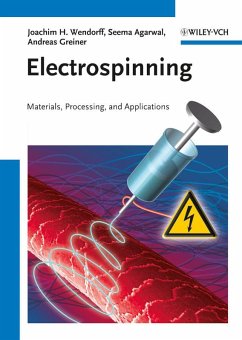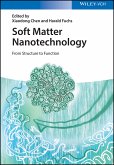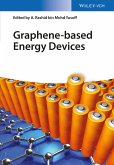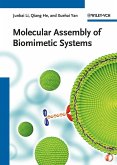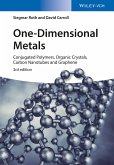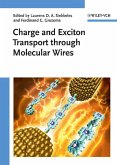Electrospinning is from the academic as well as technical perspective presently the most versatile technique for the preparation of continuous nanofi bers obtained from numerous materials including polymers, metals, and ceramics. Shapes and properties of fibers can be tailored according to the demand of numerous applications including filtration, membranes, textiles, catalysis, reinforcement, or biomedicals. This book summarizes the state-of-the art in electrospinning with detailed coverage of the various techniques, material systems and their resulting fiber structures and properties, theoretical aspects and applications. Throughout the book, the current status of knowledge is introduced with a critical view on accomplishments and novel perspectives. An experimental section gives hands-on guidance to beginners and experts alike.
Dieser Download kann aus rechtlichen Gründen nur mit Rechnungsadresse in A, B, BG, CY, CZ, D, DK, EW, E, FIN, F, GR, HR, H, IRL, I, LT, L, LR, M, NL, PL, P, R, S, SLO, SK ausgeliefert werden.

